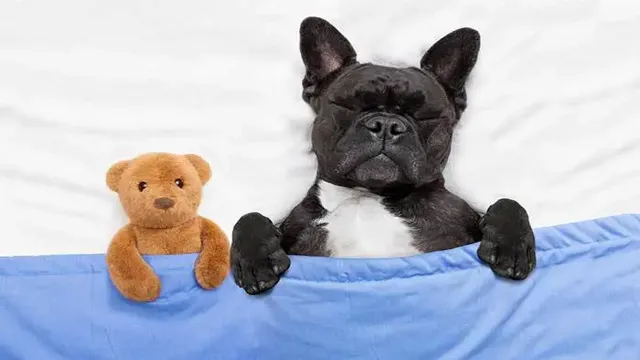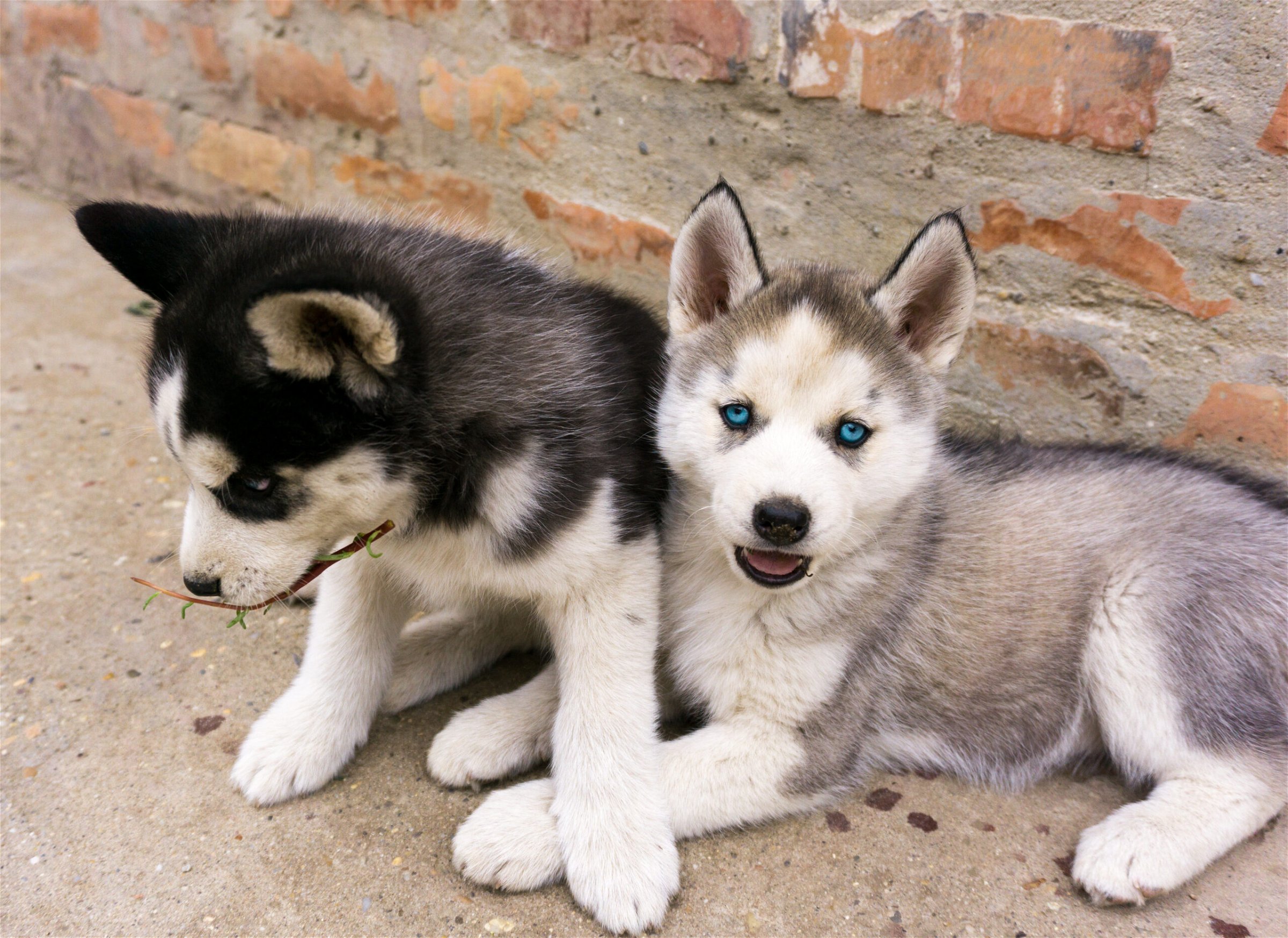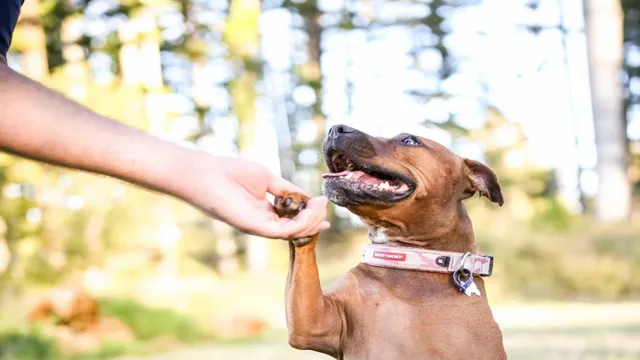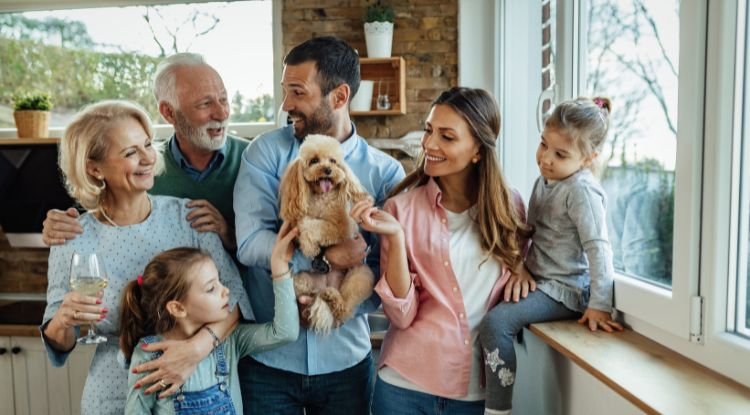12 Must Haves Things Before You Get A New Puppy
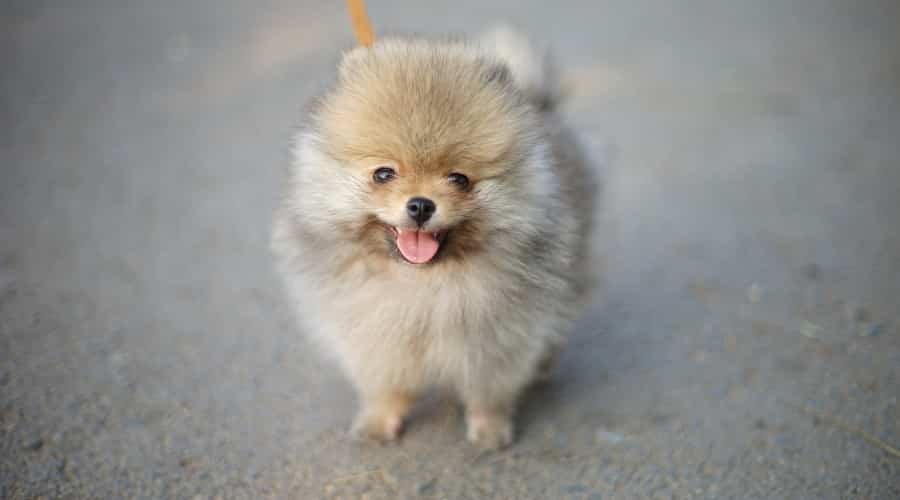
Are you getting ready to bring a new puppy home? If you are a first-time pet parent, you must be anxious hence going through tonnes of dog blog websites like WeLoveDoodles.com to do everything right. But you may still be unsure of what you really need initially. Thus, we have given a list of a few must-haves before you bring a new puppy home.
1. Feeding Bowls:
A puppy needs to be fed several times a day and needs to be hydrated. This is why get an excellent quality small dog bowl designed to feed puppies and a water bowl for the dog. Ensure the bowls have grip given below so that it does not move from their place while the puppy eats or drinks out of it.
2. Balanced Dog Food:
Feeding your dog high-quality dog food is essential. The puppy needs a nutritious diet to grow healthy and increase its immunity. There are many feeding options available. Hence, speak to the vet to make the best decision.
3. Treats:
Other than its food, you have to start training the puppy, and dogs are food motivated; hence use treats to train the dogs from the first day. This will help them become house trained faster.
4. Collar with a Tag:
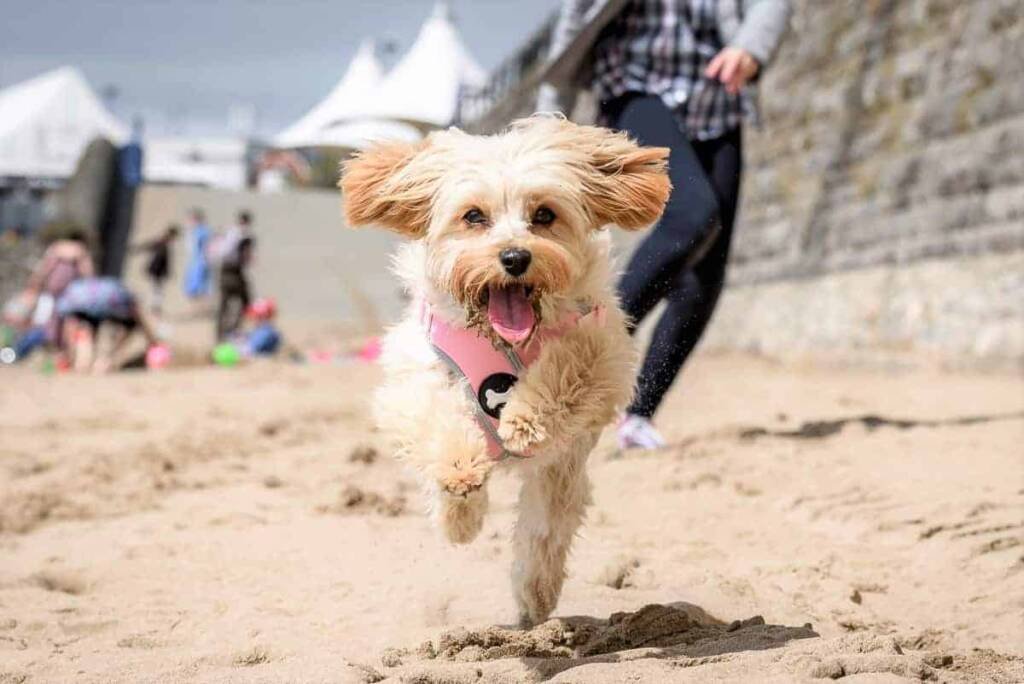
Getting your dog, a collar with a name tag and your phone number written on it is the essential thing you need to do. Puppies are notorious, and if your dog escapes, at least people will know whom to contact.
5. Furniture Protection:
Many people have the policy of no puppy on furniture, even I did, but I had to change the rule in a few weeks because I wanted my dog to be where I was. I could not spend much time sitting on the floor; hence, I had to let my dog on furniture cuddle with my furry friend.
Forcing physical distance between you and your puppy is unhealthy for the dog, as it can cause separation anxiety in the dog and hinder bonding with it. A better idea is to cover up with furniture in a fabric that accumulates less hair, which can be washed when you see it is getting dirty.
6. Floor Protection:
When you get a new puppy home, it takes a few days to weeks for the dog to get house trained. You will be using pee pads inside the home to protect your floor, but most of these pee pads are not always 100% efficient. Also, your puppy may not be the best aimer and pee outside the pad. My puppy always tried to pee on the pad, but sometimes the pad slipped while she was peeing, and the pee would be on the floor instead. It also happens that the pee pad overloads and leaks.
When this happens, it can create permanent damage to the baseboards as urine can quickly soak into flooring, especially hardwood floors. The odor also can be challenging to tackle. Hence, it is good to protect the floor by layering it with plastic before you use a pee pad on the floor. If you have tiles, you need not protect the floors as it is impenetrable material.
Do the same on the floor where you place the food and water bowl of the puppy, as it can quickly get messy when the dog drinks water. Pet feeding mats are available in the market made of rubber or silicone that protects your floor.
7. Harness:
Instead of walking your dog on a leash, start using a harness from the start. Your puppy has a small, fragile neck that can easily get injured. Pulling on a leash is not a good idea. Always use a harness while walking the dog to make your furry friend feel comfortable and safe from injury. Get a harness that can be adjusted in size as your puppy is going to grow really fast. You can loosen up the harness as your dog gets bigger.
8. Chewing Treats and Toys:
Your new puppy is going to have the urge to bite everything, including your fingers and furniture, as it is teething. Get a handful of teething toys that keep the urge under control. There are also treats that the puppy can chew on for a long time, which will help protect your furniture from puppy bites to a certain extent.
9. Dog Bed:
Your puppy needs a place to sleep. If you provide the dog a bed from the first day, it may get used to the idea of using the bed sooner. Get a puppy bed that is not that expensive as puppies chew on the bed, damaging it easily. Once your dog becomes a little disciplined and stops chewing on the bed, you can switch to a better-quality bed.
10. Crate or Playpen:
Training your puppy to sleep in the crate should start from the first day. It is advisable to make your dog sleep in a crate which is a confined area; hence your puppy will feel safer. Also, confining the dog in a crate ensures fewer moments in the night; therefore, your dog will not want to pee in the middle of the night. Get a crate that is expandable so that you can change the size as your dog grows. For larger breeds that are usually not kept in crates, if you still wish to confine the dog during the night, you can also get a playpen. This way, the puppy will be safe inside the pen during the night.
11. Poop Bags and Pooper Scooper:
Puppies poop a lot as they have frequent meals and smaller intestines. You need to always keep poop bags and a pooper scooper handy as you will need it from the first day.
12. Dog Wipes:
Puppies cannot be bathed till their vaccination cycle is over. Vets also strictly ask you not to take the dog outside before its vaccination is over to avoid parvovirus infection. Though you will keep the puppy inside the home, it may get dirty and stink at times. Keeping dog wipes handy can help clean the dog a bug and make it smell nicer.
The Bottom Line:
Becoming a pet parent is an adventure that needs planning and being responsible. You are taking care of a new life, and it requires a lot of supplies and time in the initial months, especially as it is getting used to its new home. Give the puppy a great start in life by making all the necessities available so that it is less anxious and more comfortable.
